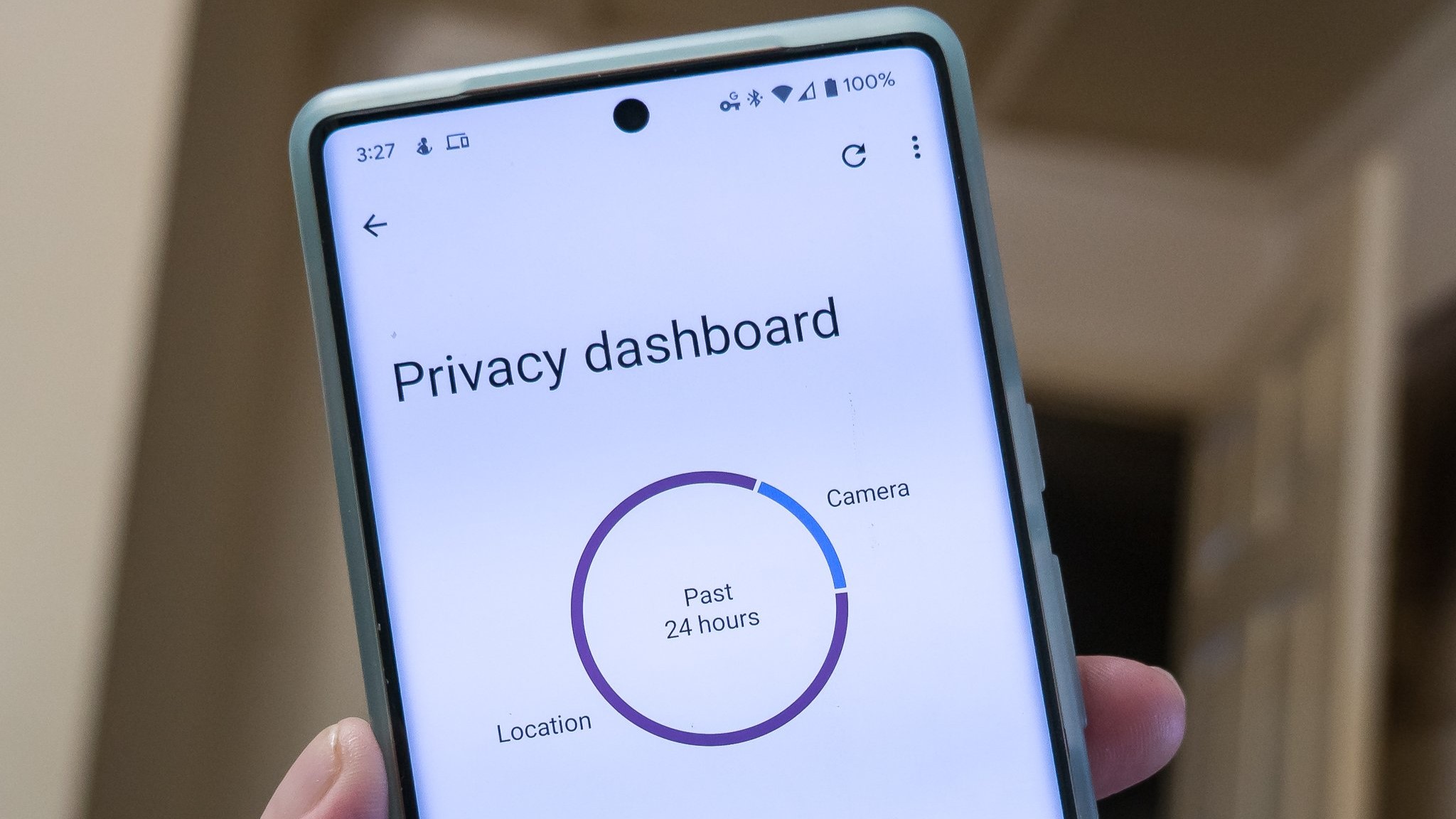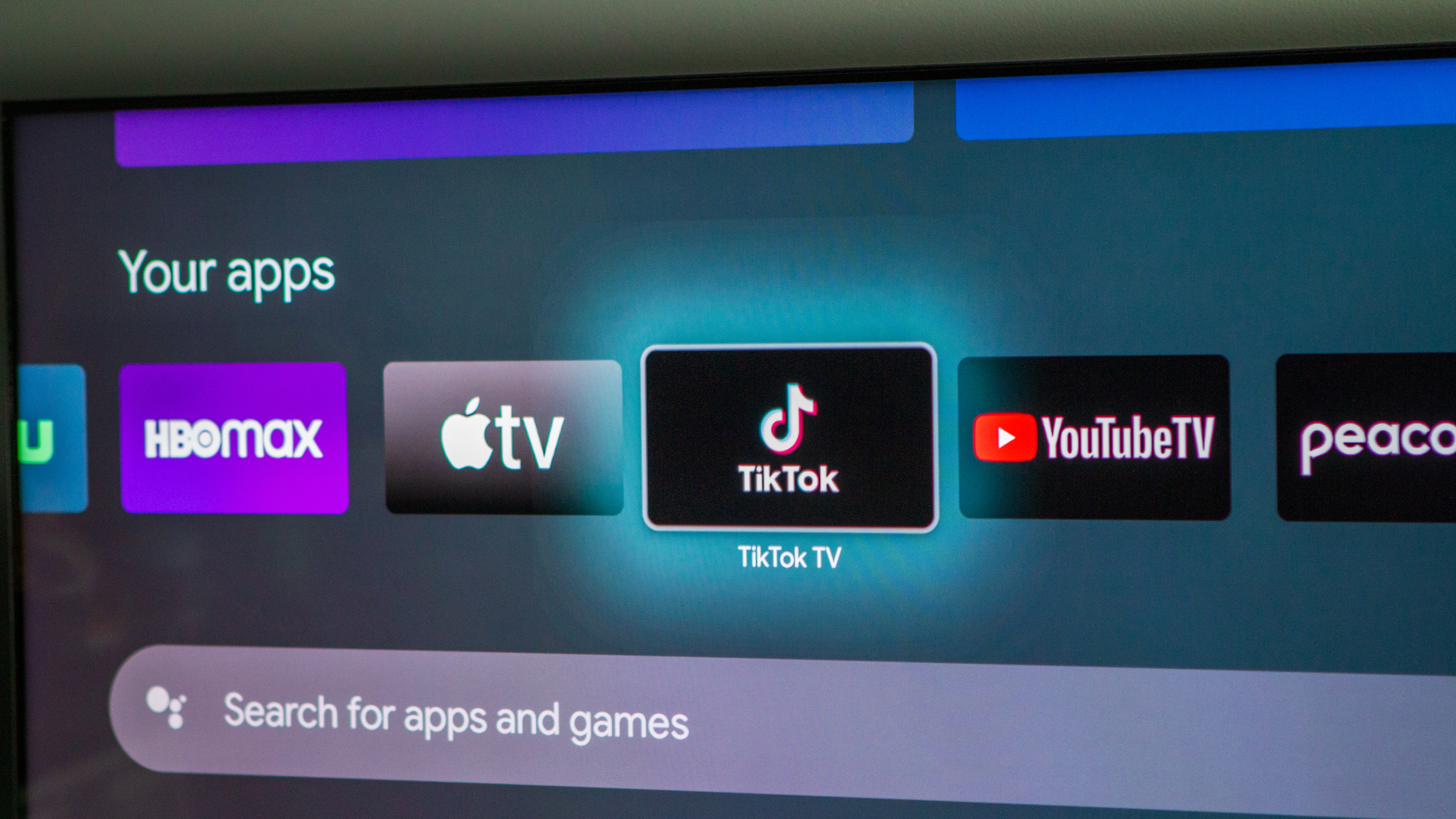The popular video-sharing app TikTok has become a cultural phenomenon. But its future in the United States is uncertain. Lawmakers from both parties have pushed for the ban, citing national security concerns and issues such as content moderation and potential for abuse.
This isn’t the first time TikTok has been under the microscope, but it’s the first time there could be a potential impact on consumers — not one person signing a piece of paper, but the entire U.S. Congress preparing to remove the service.
You may not be able to install TikTok on a government-issued smartphone, but unless something happens that satisfies members of Congress, TikTok may disappear. Let’s dig into the reasons behind this potential ban.
“Data Security” Theory

The main concern revolves around user data. ByteDance is a Chinese company that owns TikTok; unfortunately, that’s the real problem. U.S. lawmakers worry that the Chinese government may pressure ByteDance to hand over user data, which could include location information, browsing habits and even private messages. They worry the data could be used for espionage or to influence American public opinion, especially during elections.
The United States has tense relations with China, and concerns about intellectual property theft and Chinese government influence are well-documented. A 2017 Chinese law forces companies to “support, cooperate and provide assistance” to national intelligence efforts. This has heightened concerns that user data on TikTok could be weaponized by the Chinese government.
These concerns ignore the elephant in the room: your government is doing the same thing. They all do this. Chinese companies agree to such laws in advance, but in the West they agree to be forced to hand over the same data later once court officials ask them to do so.
If lawmakers are that concerned, the U.S. government’s ability to weaponize user data should also be addressed. Stricter data privacy laws and concerns should not become a regional or national issue.
Prevent misinformation and save kids

Another concern is the possibility of manipulating platform content. TikTok’s powerful algorithm tailors the content feed to user preferences, creating echo chambers that expose users only to information that reinforces their existing beliefs. Lawmakers worry the Chinese government could exploit this to spread propaganda or misinformation through seemingly innocuous videos. This can distort public perception and undermine the democratic process.
In addition to national security, some lawmakers are concerned about the app’s impact on children’s mental health. Endlessly scrolling short videos are often addictive and can create feelings of powerlessness and anxiety. Additionally, the platform has been criticized for its widespread cyberbullying and inappropriate content.
These are valid points that apply (or should apply) equally to Meta (FaceBook), Google, X (Twitter), and Amazon. the difference? It’s China again.
Every coin has two sides

TikTok strongly denies all of these accusations. It claims that it stores U.S. user data outside of China and that the Chinese government has no control over its algorithms. It also argued that a ban would stifle free speech and harm millions of American creators and businesses who rely on the platform for their livelihoods.
The company may be right. Storing user data elsewhere would prevent it from being made available to China on demand, while taking away TikTok would put millions of people out of work. However, TikTok has done itself no favors by partnering with a 100% state-owned Chinese semiconductor company while it is under congressional investigation in the United States.
The debate over TikTok is complex. There are real concerns about data security and potential manipulation, but a blanket ban on using TikTok on your phone might be too harsh an approach. Not all problems are nails and not all solutions are hammers.
Some possible solutions being discussed include:
- Force stripping: The United States could force ByteDance to sell TikTok’s U.S. operations to an American company, cutting ties with the Chinese government.
- Enhanced data security measures: Stricter regulation and independent audits can ensure that user data remains secure within the United States.
- Content review: Working with TikTok to implement stricter content moderation policies could address concerns about harmful content and misinformation.
TikTok’s future is uncertain

It remains to be seen whether the ban will be implemented. The House recently passed a bill that could lead to a ban, but it still requires Senate approval and the president’s signature. Negotiations and potential compromises may occur before a final decision is made.
TikTok’s future in the United States remains uncertain, but one thing is clear: The app has become the focus of broader discussions about national security, data privacy and the influence of social media platforms in the digital age. These are discussions that need to be had, and whether you are for or against a potential TikTok ban, you should agree that we need to have this discussion.